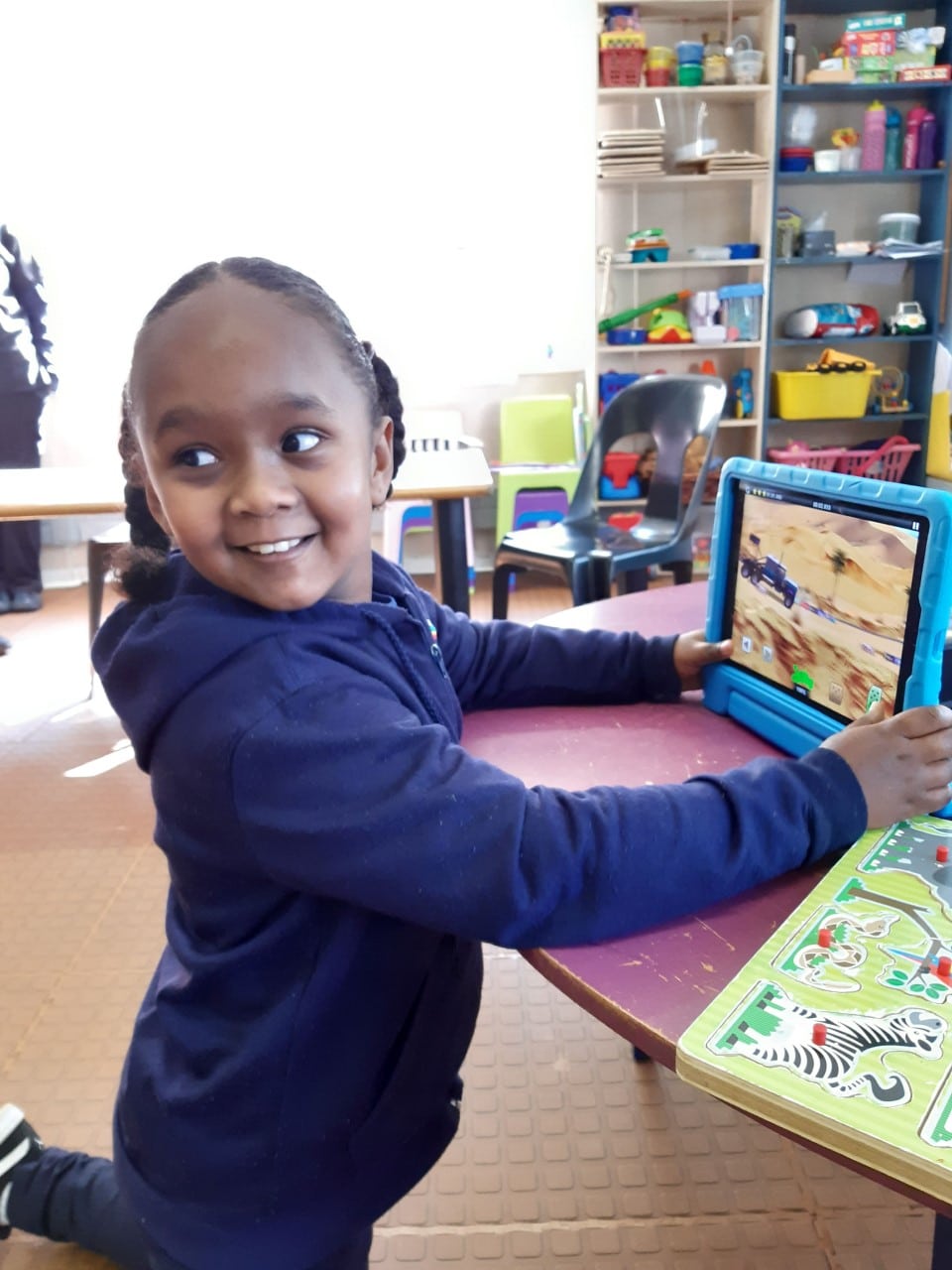An estimated 600 000 children with disabilities are out of school, according to a 2019 Human Rights Watch article, but the L.U.C.C.A Support and Care Centre in Randburg, Johannesburg, South Africa is bridging this gap by supporting neuro-atypical children from birth to 21 years with their diverse educational, vocational, and functional mobility needs.
The school was home to 67 children, but 34 of them couldn’t return after their parents were financially affected by the pandemic. The school subsequently had to lay off 18 staff members, hasn’t been able to pay its rent, and is currently in a state of survival.
To help the 34 children return to school, the L.U.C.C.A centre launched the See the ABLE, not the LABEL campaign, to raise funds to subsidise school fees for as many children as possible. Although the campaign has generated just over R13 000 in two months, it still falls short of covering the annual fee for a single child’s education and therapy, which costs R120 000.
The centre was founded by Alison Moschetta, who struggled for years to find a school for her son, Lucca, who has a rare genetic terminal deletion of chromosome 6p.25 – 6p23. She resigned from her 25-year career in 2014 to establish the facility, which caters for children with multiple challenges, including Down syndrome, cerebral palsy, visual and hearing impairments, neurological delays, autism, blind, premature babies, sensory integration difficulties, and development delays.
“Our school recognises each child’s unique challenges and creates a multicultural environment where they’re not treated as special needs children but just children with different needs,” says Moschetta. “Our objective is to foster a desire to learn, boost self-confidence, and nurture the social, emotional, physical, and intellectual development of each child.”
Loading...
These children need to return to school because, unlike neurotypical children who stagnate if they don’t go to school, special needs children regress. By keeping the children in school, they can also grow to become independent and integrate into society.
Providing holistically for such diverse needs of the children requires a range of highly specialised programmes, expertise and facilities. When these are provided consistently to learners, the entire trajectory of a child’s future can be transformed. However, this crucial stability can only be achieved with the necessary funding that enables continued access to the right specialists and the necessary equipment. A vast range of programmes are offered at the L.U.C.C.A school, to address the many unique needs of its students. Categories of complex programmes include vocational, academic, functional mobility, interactive digital tools and creativity.
All these measures are designed with the objective to foster a desire to learn, boost self- confidence and nurture the social, emotional, physical and intellectual development of each child. This enables them to best develop the skills and character necessary, to enhance themselves and their communities, and achieve success for the future.
The needs of the children at the L.U.C.C.A school are not the only important responsibility of its leadership: much-needed counselling, emotional and mental support is provided to staff and parents, who are often overwhelmed. Moschetta dedicates herself to being the support system for parents and her staff, understanding that this is often as necessary as the skills her qualified team use to care for her children.
“We’re blown away by the work the L.U.C.C.A school is doing, and the number of young lives impacted by Alison’s vision,” says Taylor Kwong, CSI Manager at Vuma. “By providing abundant and seamless connectivity to the school, we’re making an important difference to the daily experiences of the learners and their dedicated teachers – not only enabling the children with uninterrupted learning, but we’re also empowering them and their families by creating opportunities that give them a place in the world, like any other child.”
Visit luccaspecialkids.co.za to sponsor a child, volunteer, or donate essential goods and resources to help contribute to the school’s running expenses and give every child an opportunity to reach for the extraordinary.
Loading...
